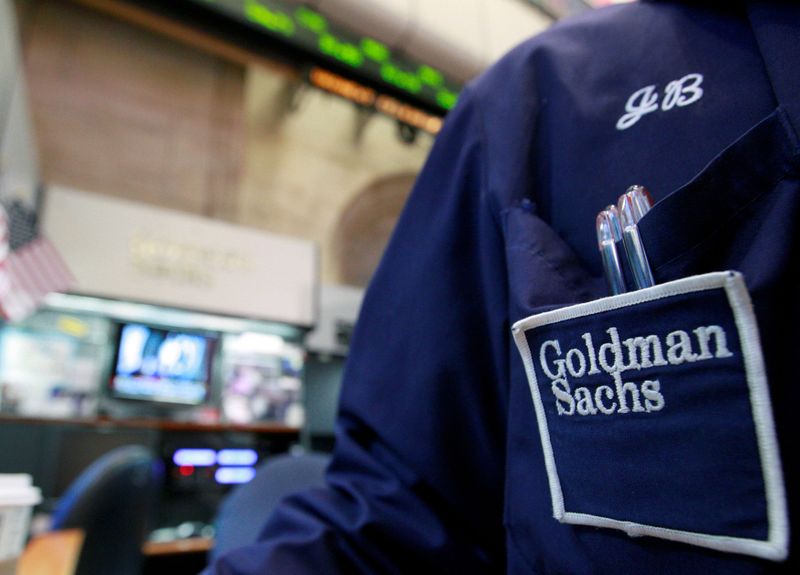SoftBank (TYO:9984) has further reduced its stake in Indian technology company PB Fintech, the firm behind Policybazaar, by 2.5% on Friday. The shares were sold at Rs 760.8 each through a block deal involving buyers such as Goldman Sachs (NYSE:GS), Citigroup (NYSE:C), and the Saudi Central Bank. The transaction, facilitated by Kotak Mahindra Capital, netted SoftBank Rs 869 crore.
This move is in line with SoftBank's ongoing strategy of trimming its positions in Indian tech firms. It follows a previous divestment where SoftBank sold a 5.1% stake in PB Fintech for Rs 1,043 crore.
PB Fintech's financial performance has remained strong throughout the year. The company has significantly reduced its consolidated net loss and reported a year-on-year revenue increase to Rs 666 crore. This robust financial performance has resulted in a considerable appreciation of PB Fintech's stock price, which has risen by 71% in 2023. According to InvestingPro, PB Fintech's net income is expected to grow this year, and it has been a prominent player in the Insurance industry, despite not being profitable over the last twelve months.
Technical analysts have pointed out an Inverse Head and Shoulders and Triangle Pattern in the company's stock chart. They identify Rs 720 as the demand zone for any correction and Rs 820 as the immediate resistance level.
However, it's worth noting that PB Fintech's revenue growth has been slowing down recently, as per InvestingPro Tips. The company is also trading at a high Price / Book multiple, which means it could be overvalued. For more insights like these, you can visit InvestingPro. They offer a range of tips, with an additional 4 tips available for PB Fintech alone.
Despite the slowdown in revenue growth, PB Fintech's stock price has seen a large uptick over the last six months. Moreover, analysts predict the company will be profitable this year, which might explain the high Price / Book multiple. It's also worth noting that PB Fintech does not pay a dividend to shareholders, which is a factor potential investors may want to consider.
This article was generated with the support of AI and reviewed by an editor. For more information see our T&C.
